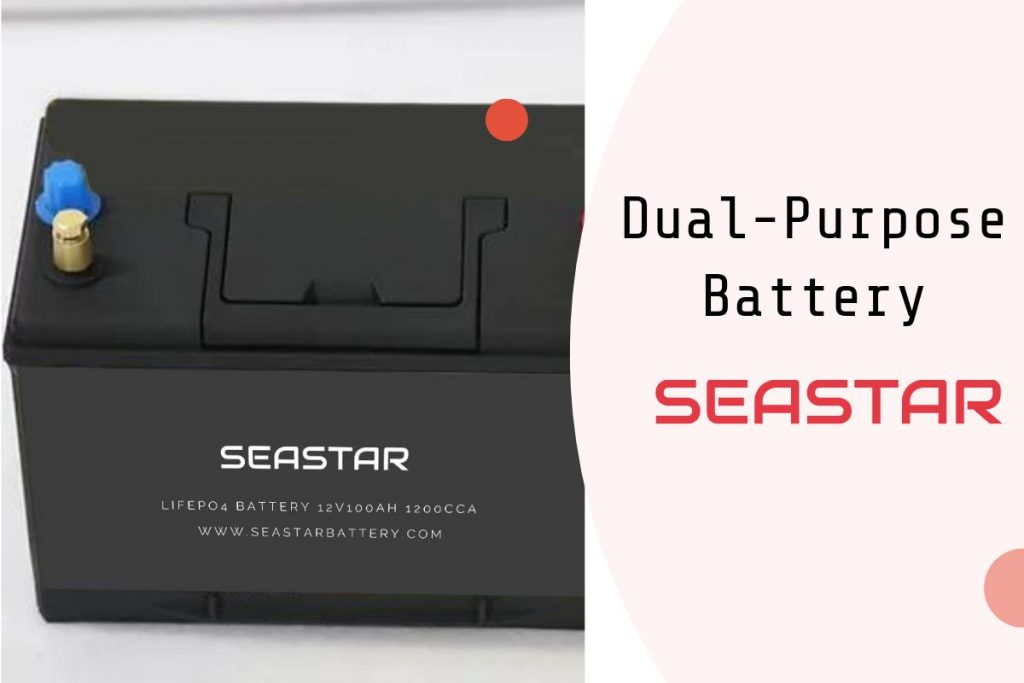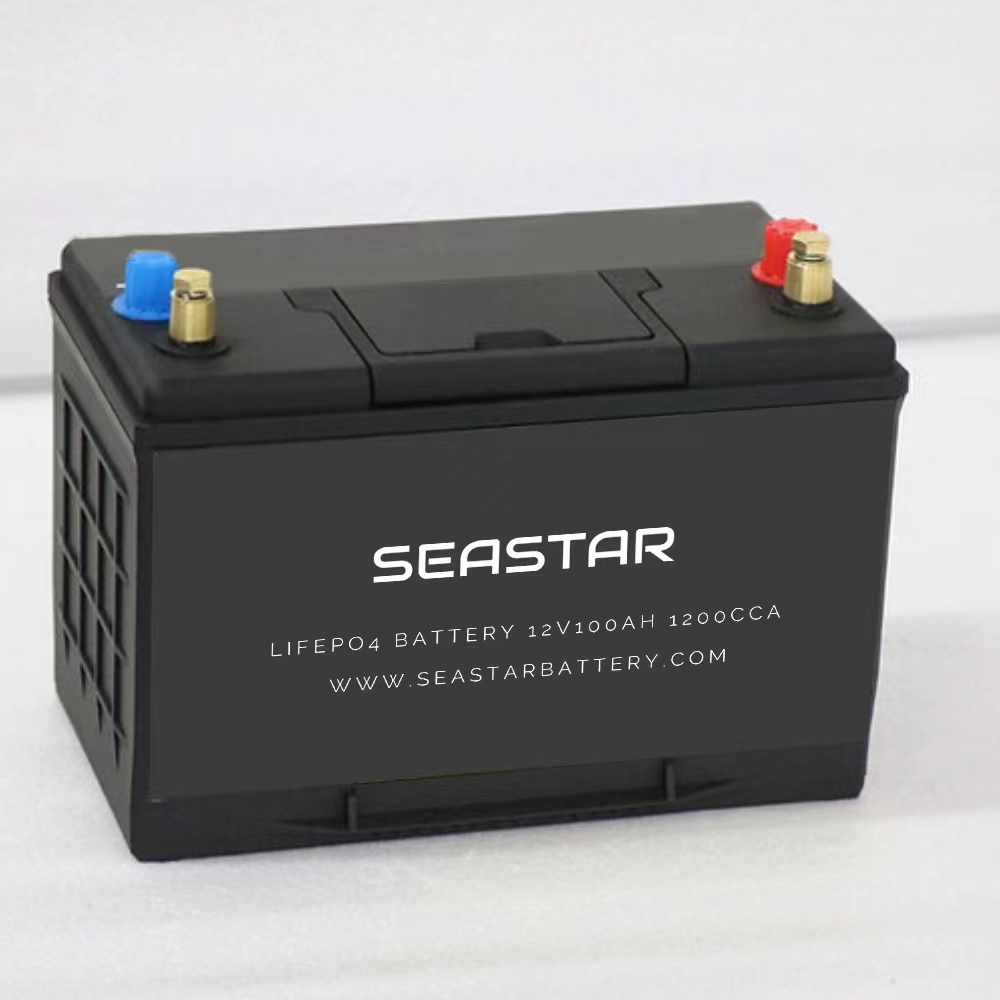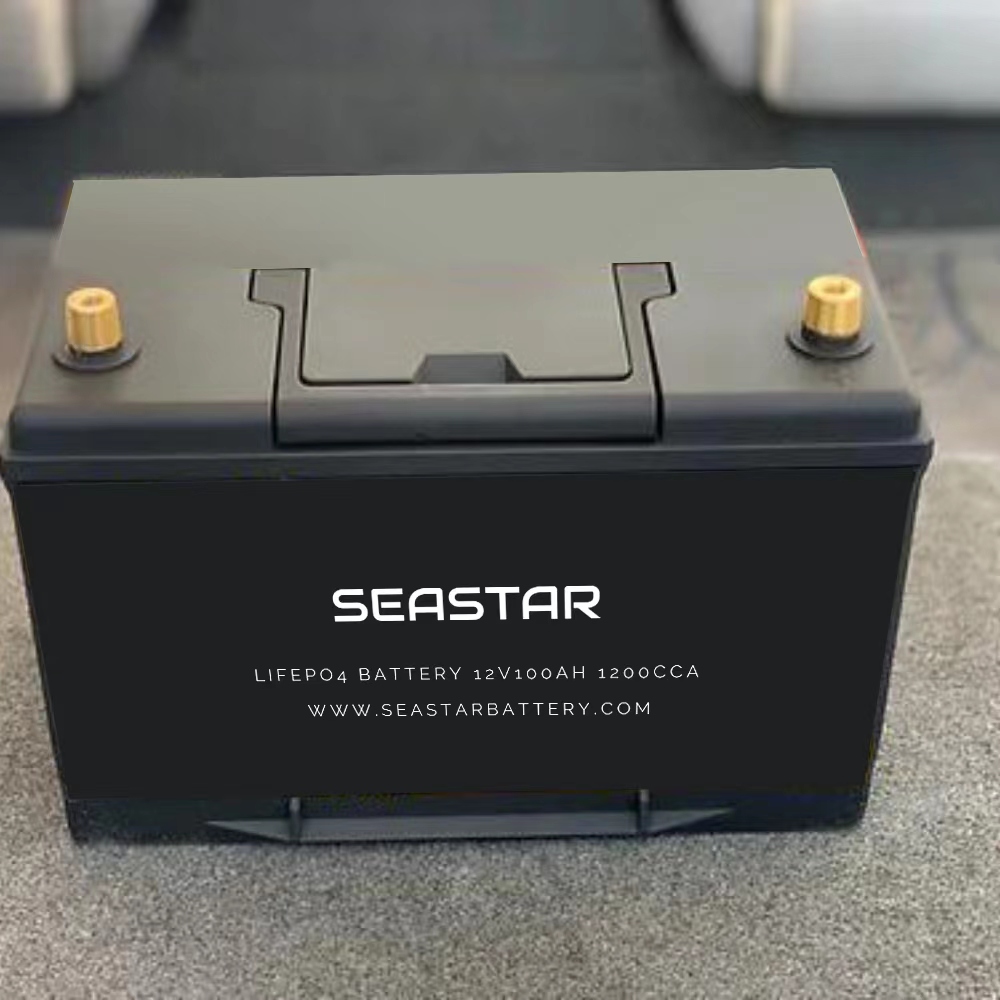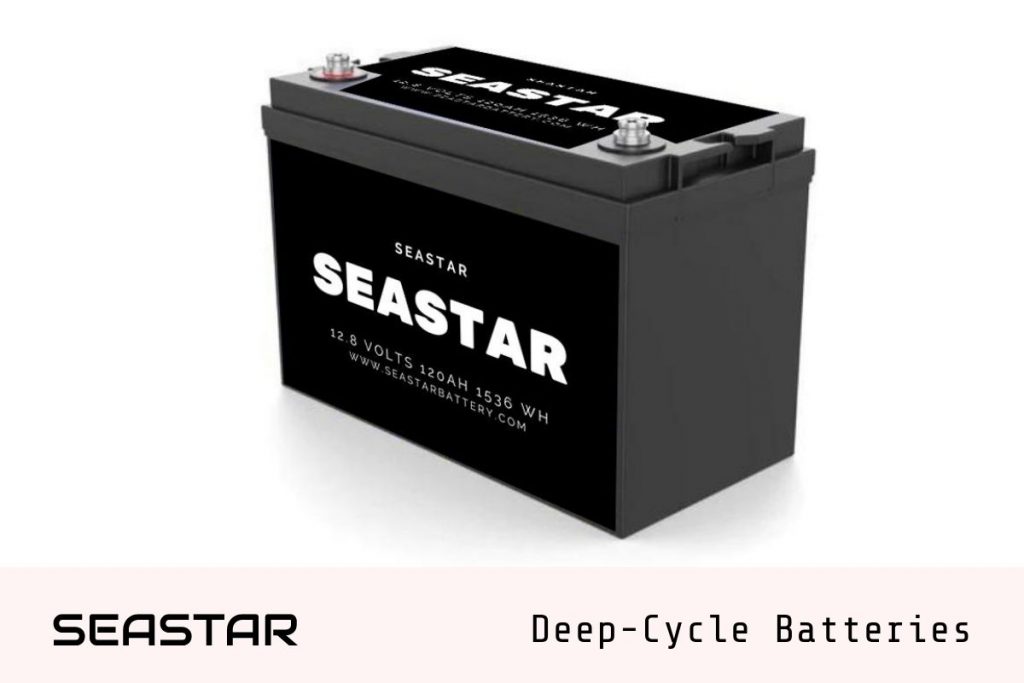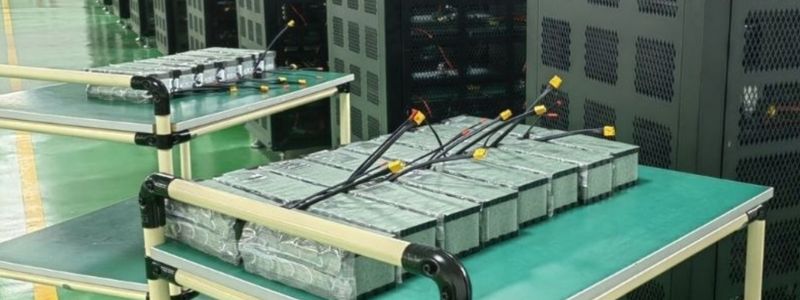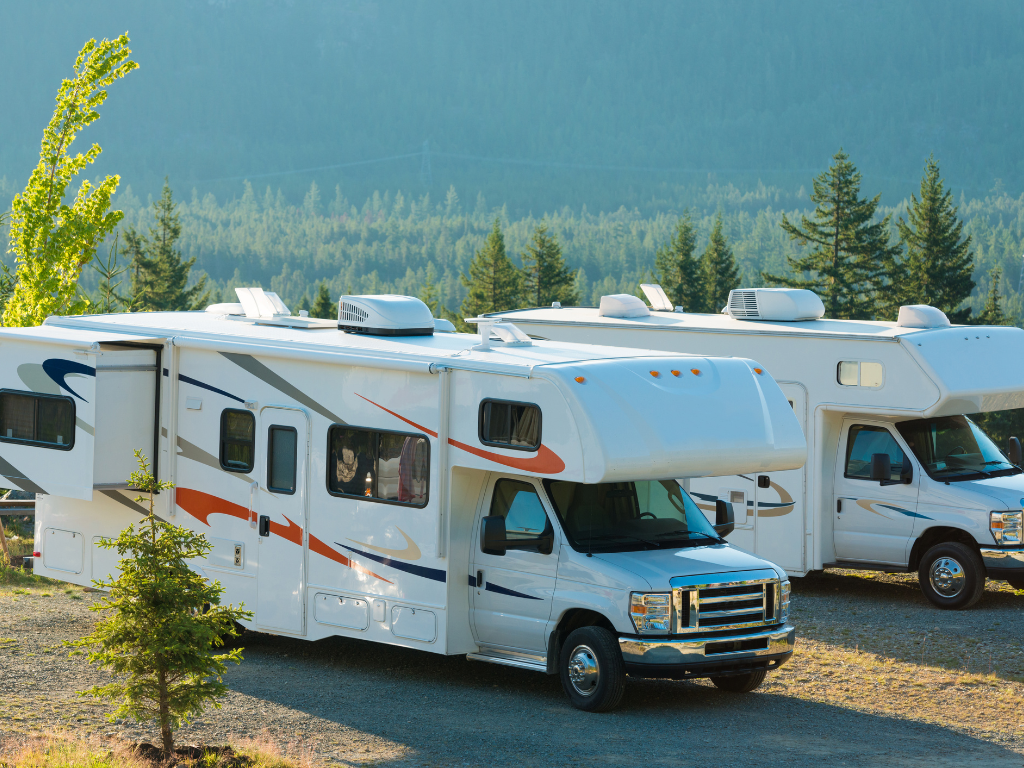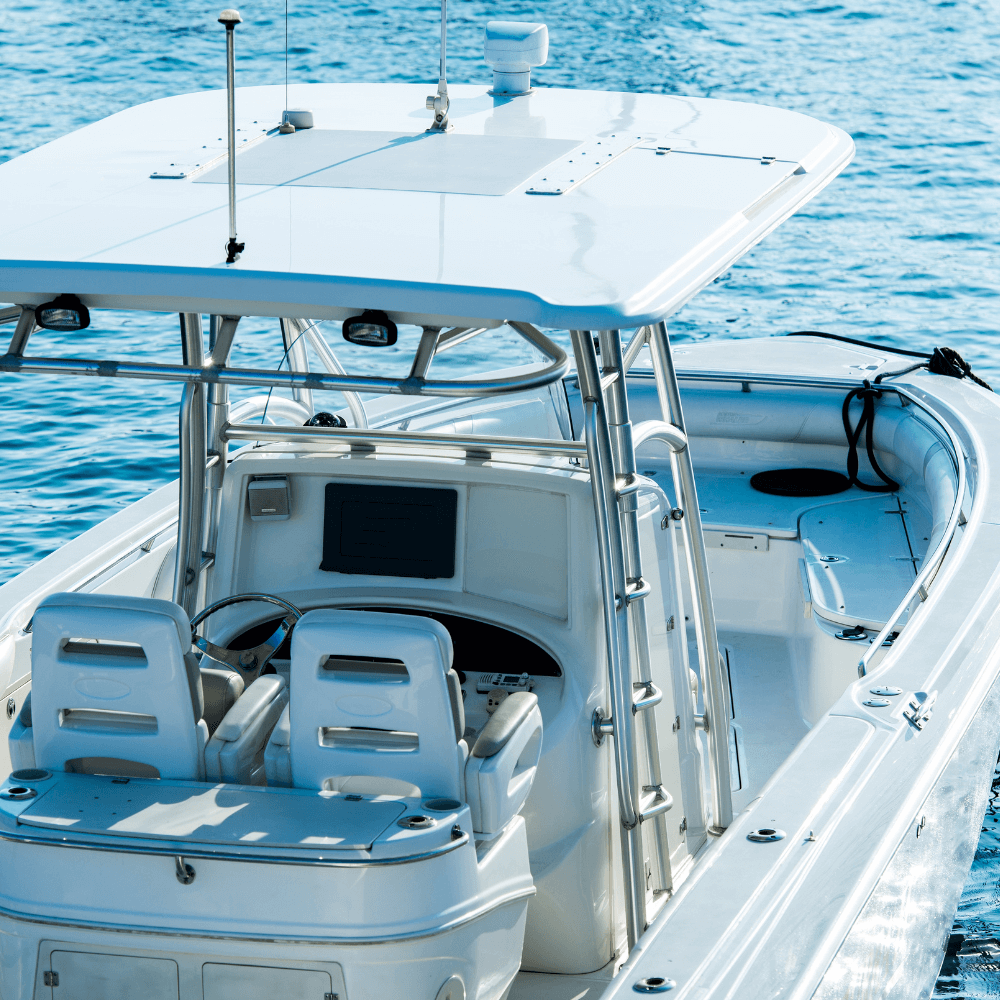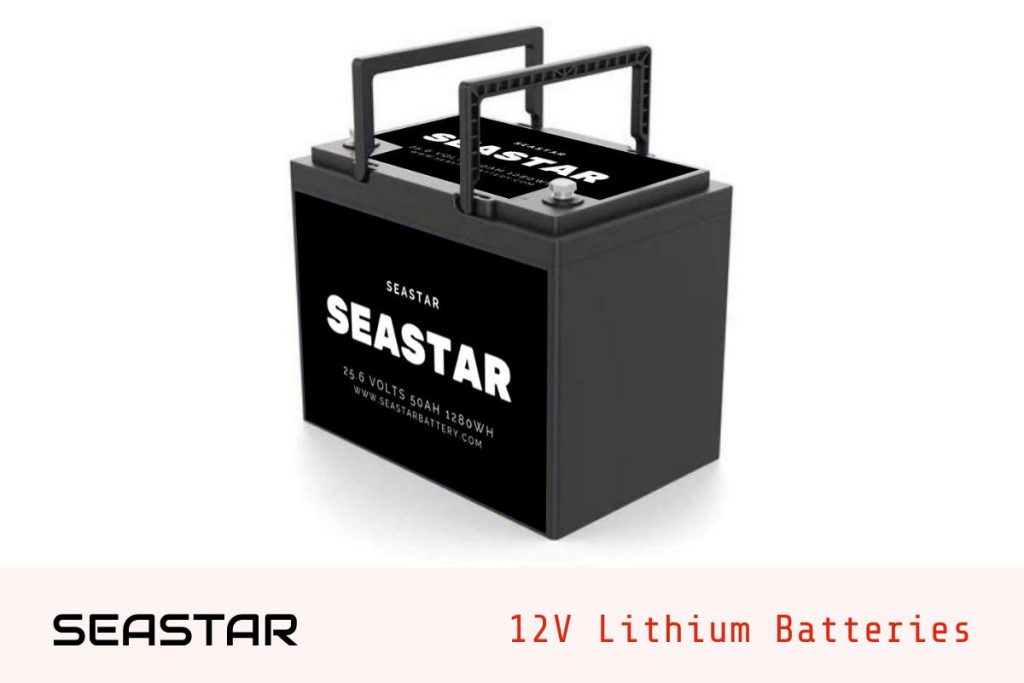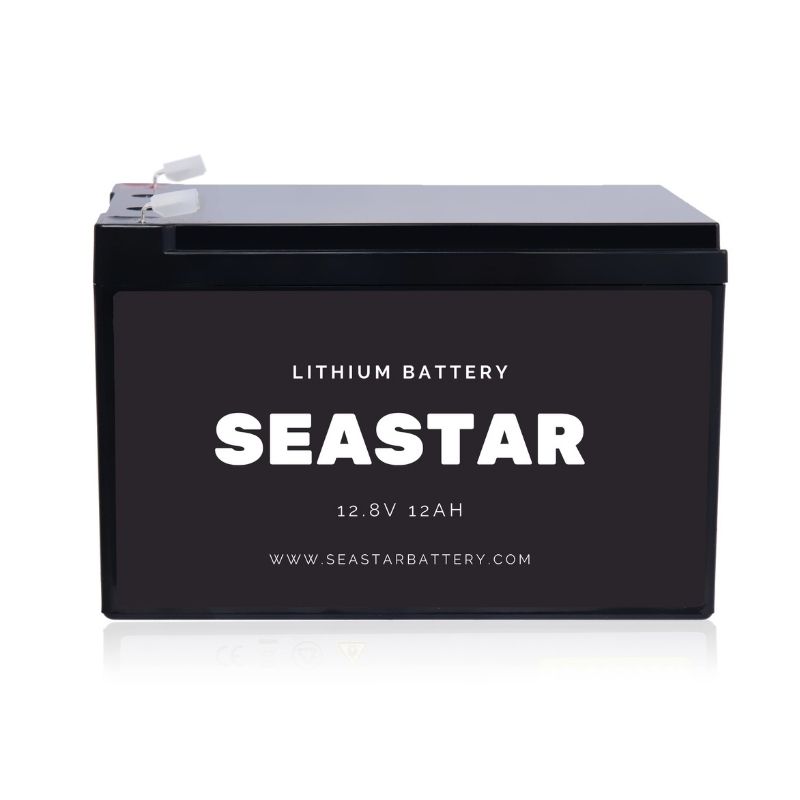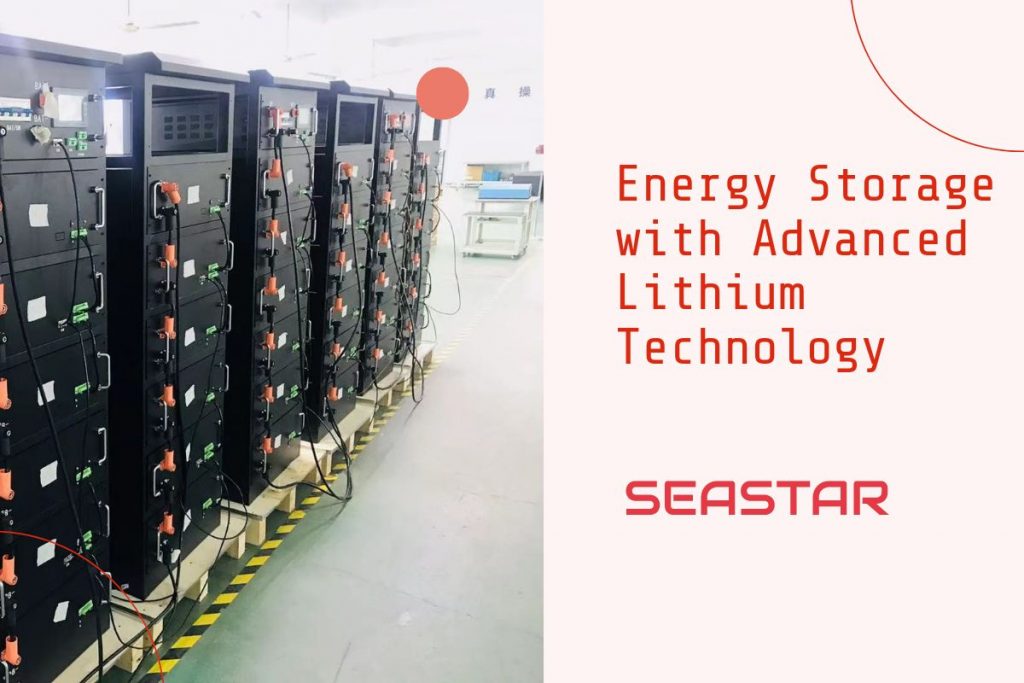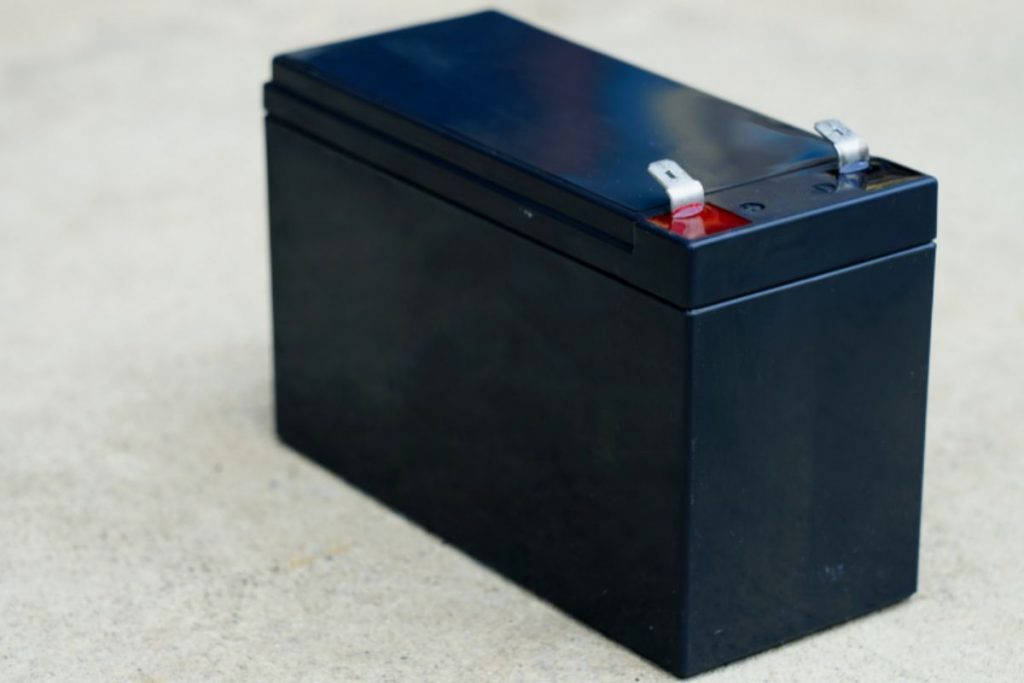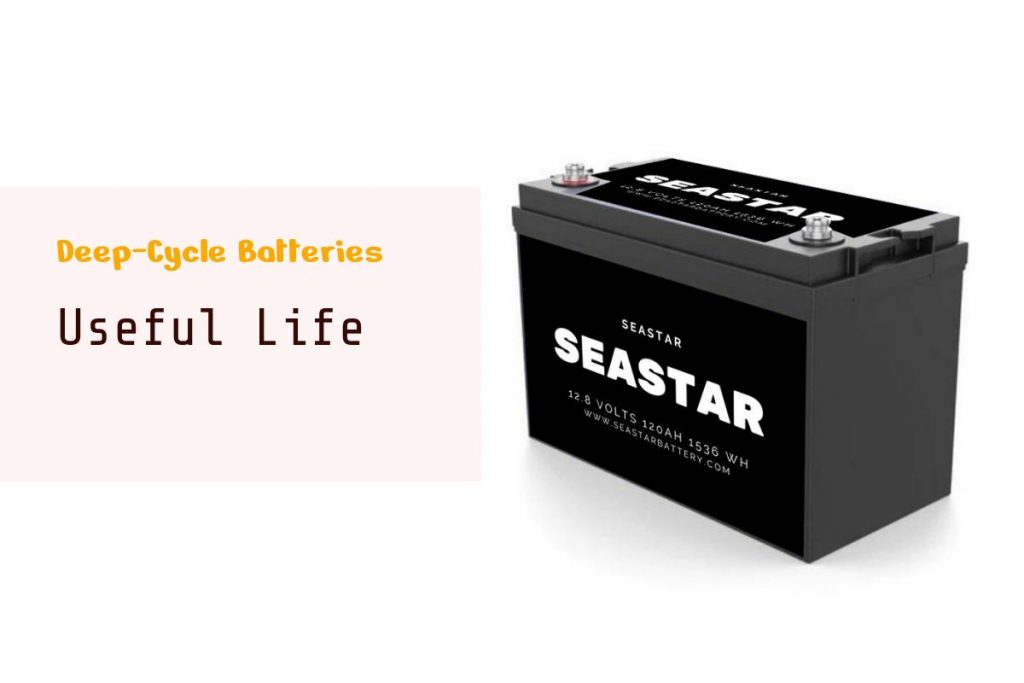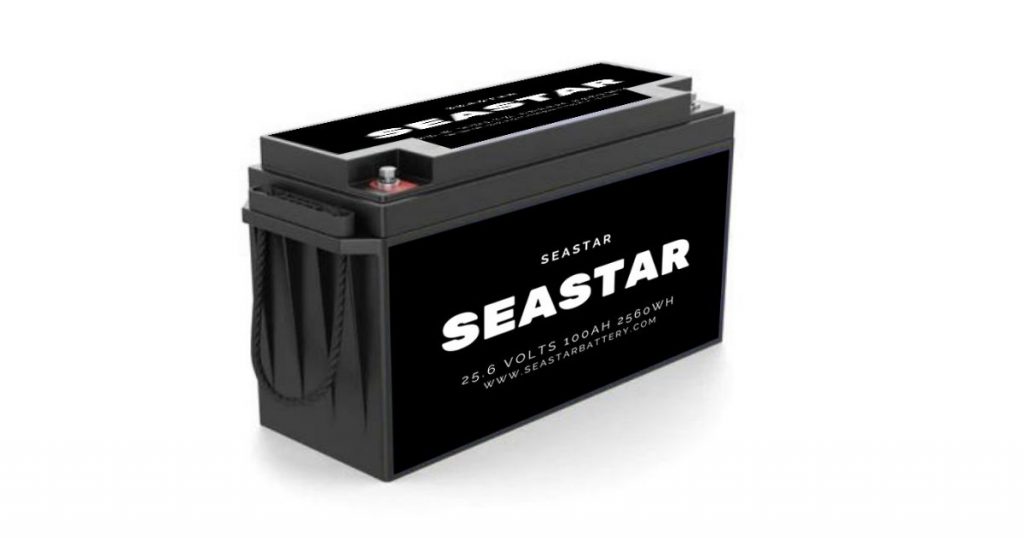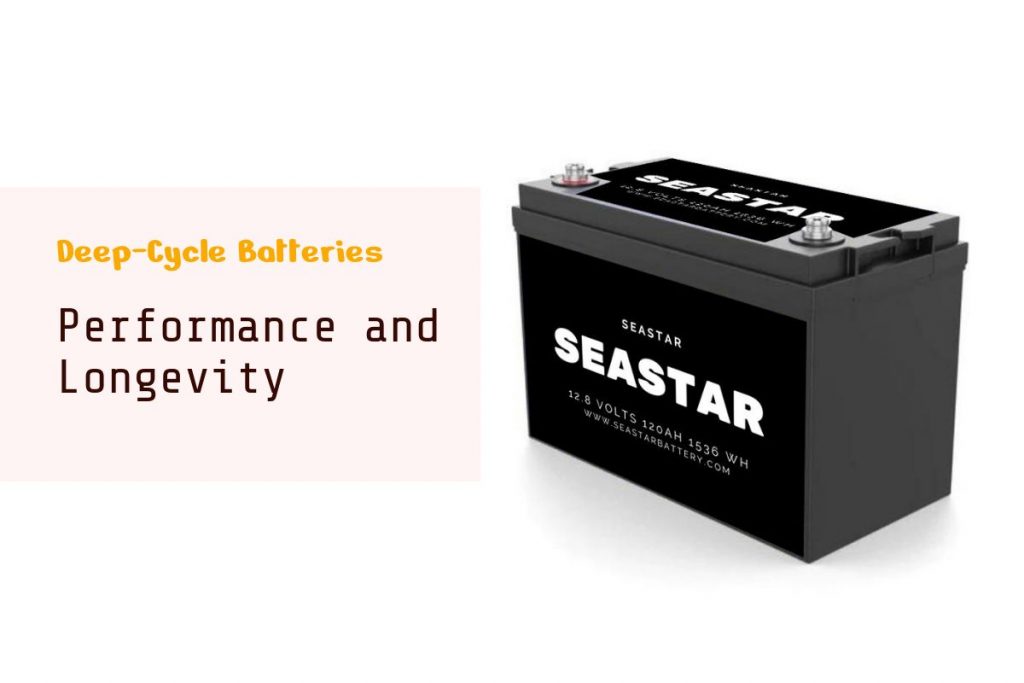Difference Between F1 & F2 Terminal Types On Batteries
When it comes to batteries, understanding terminal types is crucial for ensuring proper installation and optimal performance. Two common terminal types found in many lead-acid and lithium batteries are F1 and F2 terminals. While they may appear similar at first glance, there are distinct differences that can impact compatibility and functionality in various applications.
What Are F1 and F2 Terminals?
F1 Terminals: These are typically smaller terminals, often measuring 0.187 inches (4.75 mm) in diameter. They are commonly found on smaller batteries used in applications such as alarm systems, UPS (Uninterruptible Power Supplies), and some portable devices. The F1 terminal is designed for lighter loads and is often used where space is limited.
F2 Terminals: In contrast, F2 terminals are larger, usually measuring 0.250 inches (6.35 mm) in diameter. They are used in batteries that need to handle heavier loads, making them more suitable for applications like electric vehicles, larger UPS systems, and marine batteries. The increased size allows for better conductivity and can support higher amperage loads.
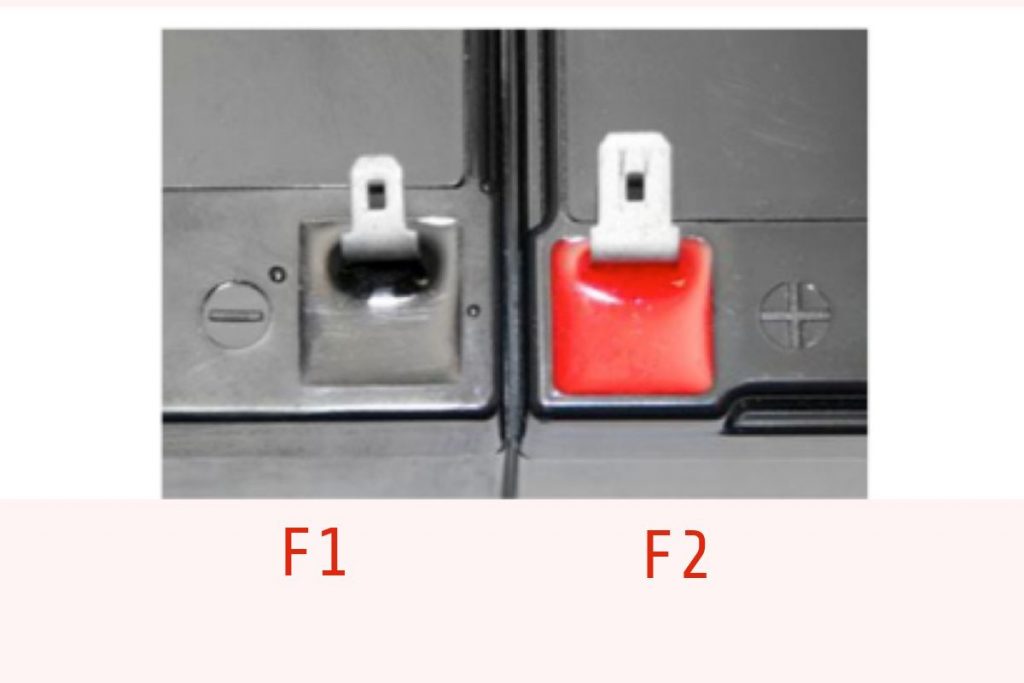
Key Differences
Size: The most obvious difference is the terminal size. F1 terminals are smaller, making them suitable for compact designs, while F2 terminals are larger, accommodating more significant power requirements.
Current Capacity: F2 terminals can typically handle more current than F1 terminals. This makes them ideal for applications requiring higher power output, such as electric vehicles or industrial equipment.
Compatibility: It’s essential to match the terminal type with the battery connectors. Using the wrong terminal type can lead to poor connections, potential overheating, and reduced performance. Always check your device specifications to ensure compatibility.
Applications: While F1 terminals are great for smaller devices like alarms and backups, F2 terminals are better suited for larger systems requiring more power, such as RVs, boats, and other heavy-duty applications.
Conclusion
Choosing the right terminal type is vital for battery performance and longevity. Understanding the differences between F1 and F2 terminals can help international buyers and importers make informed decisions about battery compatibility for their specific needs. By selecting the appropriate terminal type, you ensure that your systems operate efficiently and reliably.
Difference Between F1 & F2 Terminal Types On Batteries Read More »

